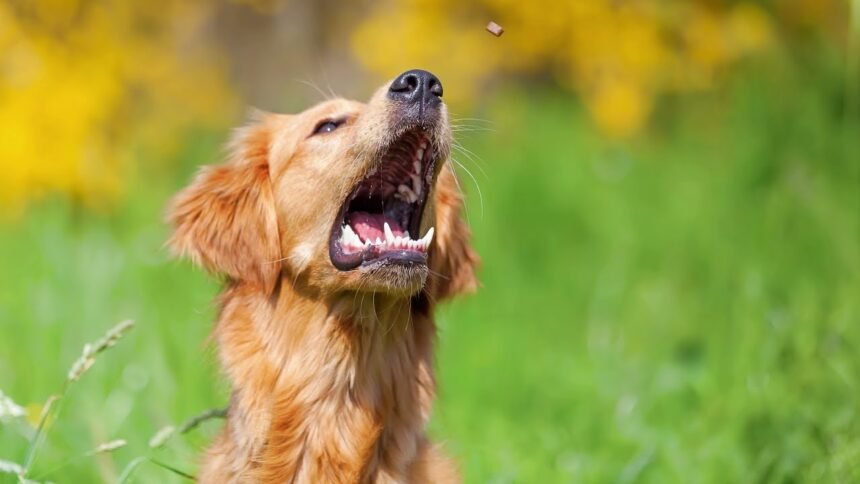Dog panting is a natural and often beneficial behavior, serving as a heat-reduction mechanism. Dogs, unlike humans, do not sweat and rely on panting to control their body temperatures. However, excessive or abnormal panting can be a sign of underlying health issues.
What is Dog Panting?
Panting in dogs is described as rapid open-mouth breathing. During panting, dogs exchange hot air from their bodies with cooler air from the environment, promoting saliva evaporation, which helps lower the dog’s body temperature.
Normal vs. Abnormal Panting
Normal panting occurs to dissipate heat, especially after exercise or during hot weather. Abnormal panting, on the other hand, is unrelated to heat or exercise and exceeds the canine average of 30 breaths per minute or lasts for over 10 minutes. It can occur at unexpected times, sound different (typically raspier, harsher, and louder), and be accompanied by other worrisome symptoms.
Causes of Excessive Panting Excessive panting can be caused by various conditions, including:
- Increased Weight or Obesity: Overweight dogs are likely to pant and have trouble breathing, especially when moving or exercising.
- Stress or Excitement: Strong feelings, like stress and excitement, can cause dogs to pant.
- Brachycephalic Obstructive Airway Syndrome (BOAS): Flat-faced dog breeds are susceptible to BOAS due to their narrow upper respiratory tract passages.
- Heatstroke: Dehydration, panting, and having trouble breathing, combined with increased body temperature, are signs of heatstroke in dogs.
- Pain and Discomfort: Any type of pain or prolonged discomfort results in panting in dogs.
- Heart Issues: Panting in dogs is a common sign of heart problems.
- Anemia: Anemia, or a reduced number of red blood cells, can cause panting in dogs.
- Respiratory Problems: Respiratory conditions in dogs can cause panting.
- Cushing’s Disease: This endocrine condition causes the adrenal glands to produce excess amounts of the hormone cortisol, leading to increased hunger, thirst, and abnormal panting.
- Gastric Dilatation and Volvulus (GDV): GDV is a life-threatening condition in which the dog’s stomach accumulates liquid and gas, causing bloat.
- Side Effects of Medication: Certain drugs, like prednisone, prednisolone, and other corticosteroids, can cause panting.
Treatment for Panting in Dogs
The treatment for panting in dogs depends on the underlying cause and may range from simple solutions, like painkillers and stress relief, to complex treatments, such as life-long medications and surgery. Each dog requires an individually tailored treatment plan.
Helping a Panting Dog at Home
You can help your dog relax from panting at home when strong feelings like excitement and stress cause it. You can also cool the dog down as a first aid technique when it pants due to overheating. However, when dealing with abnormal panting in dogs, it is imperative to see a vet as soon as possible.
Conclusion Understanding the causes and treatments for panting in dogs can help dog owners better care for their pets. While panting is often a normal and healthy behavior in dogs, excessive or abnormal panting can be a sign of underlying health issues and should be addressed promptly with a veterinarian.









